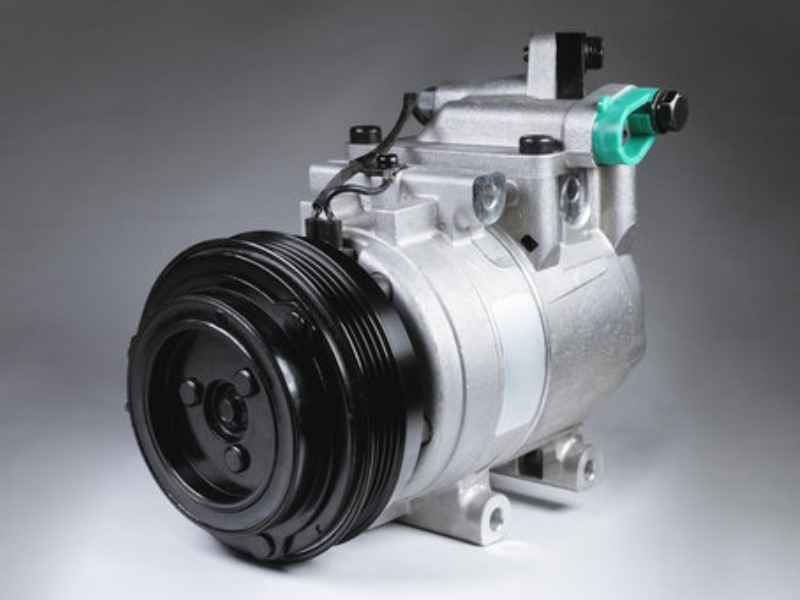Car Air Conditioning Compressor Care and Maintenance Tips
Table of Contents
As temperatures soar, your car’s air conditioning becomes vital for a comfortable ride. At the heart of this cooling system lies the air conditioning compressor, responsible for pressuring refrigerant and circulating cool air throughout your vehicle.
Proper care and maintenance of this essential component are crucial for ensuring efficient cooling performance and prolonging its lifespan.
Understanding the Air Conditioning Compressor
The air conditioning compressor in your car functions similarly to that in your home’s AC unit. It compresses refrigerant gas, converting it into a high-pressure state before sending it to the condenser for cooling. This cooled refrigerant then flows through the system, absorbing heat from the cabin air and providing cool air to the interior.

The following are some critical care and maintenance tips that can help the AC compressor up and running for a long time:
Regular Inspection
Start by visually inspecting the compressor for any signs of damage or leaks. Check for oil stains, cracks, or loose fittings. Addressing these issues promptly can prevent further damage and costly repairs.
Cleanliness
Keep the area around the compressor clean and free from debris. Accumulated dirt and grime obstruct airflow, leading to overheating and reduced efficiency. Regularly clean the engine bay to ensure proper ventilation for the compressor.
Refrigerant Levels
Monitor the refrigerant levels in your car’s AC system regularly. Low refrigerant levels can strain the compressor, causing it to overheat and malfunction. If you notice a decrease in cooling performance, have a professional inspect and recharge the refrigerant as needed.
Proper Usage
Avoid overworking the air conditioning system unnecessarily. Running the AC at maximum settings can strain the compressor and other components. Use the AC judiciously and consider using the vehicle’s ventilation system when feasible.
Belt Tension
The compressor is typically driven by a belt connected to the engine. Ensure proper tension in the belt to prevent slipping or excessive wear. A loose or worn-out belt can lead to compressor failure and require replacement.
Regular Servicing
Schedule routine maintenance for your car’s air conditioning system, including the compressor. Professional servicing ensures that all components are in optimal condition and any potential issues are addressed early on. This includes checking for leaks, lubricating moving parts, and verifying proper system operation.
Protect from Environmental Factors
Extreme temperatures and weather conditions can affect the performance of the air conditioning compressor. Park your car in shaded areas whenever possible to reduce exposure to direct sunlight and extreme heat. You should also consider using a windshield sunshade to minimize interior temperatures.
Professional Inspection
If you notice unusual noises, odors, or performance issues with your car’s AC system, seek professional inspection and repair. Ignoring these symptoms can lead to more significant problems and costly repairs.
Wrapping It Up
Your car’s air conditioning compressor keeps you cool and comfortable during your travels. By following these care and maintenance tips, you can ensure optimal performance and longevity of this essential component. Regular inspection, cleanliness, proper usage, and professional servicing are vital in keeping your car’s AC compressor in top condition for years to come.
